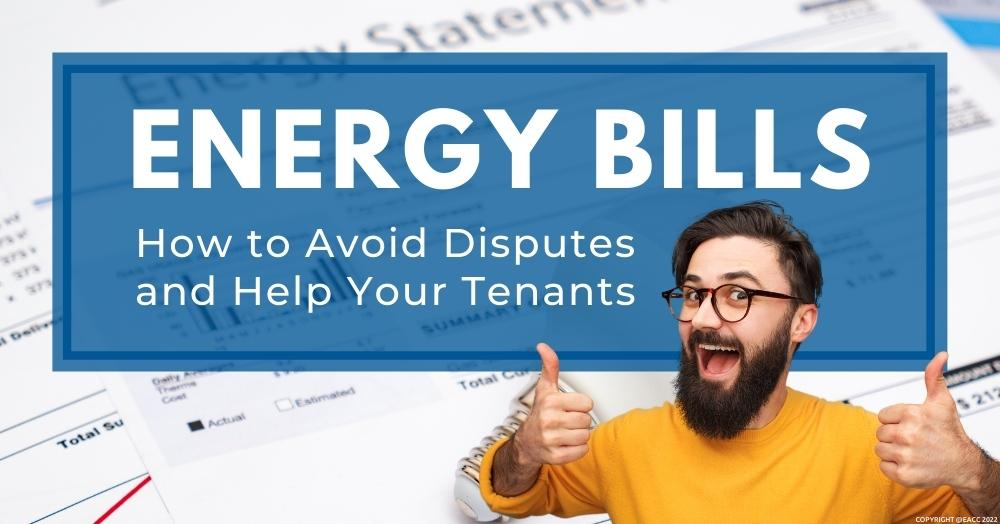This eight-point plan outlines the best way landlords can manage the issue of energy bills. A two-minute read.
Energy Bills: How to Avoid Disputes and Help Your Harborne Tenants
This eight-point plan outlines the best way landlords can manage the issue of energy bills. A two-minute read.
This year’s colossal hike in energy costs has left millions of households reeling. And with no relief in sight, the problem is likely to stay at the top of the agenda throughout 2022.
Here’s an eight-point plan to help landlords deal with the issue as best they can.
1) Make sure your tenancy agreement clearly states who is responsible for paying energy bills (most typically, it is the tenant).
2) Even though your tenant will most likely pay the bills, do your bit to keep costs down by staying on top of maintenance and draught-proofing. Repair any rickety windows that might allow heat to escape and install energy-saving light bulbs.
3) Take a meter reading when a new tenant moves in and record it in the inventory. (That way, there can be no confusion or dispute with the previous tenant.)
4) Explain to your tenant (if the bill is in their name) that they are entitled to shop around for the best energy deal. Also, discuss the benefits of having a smart meter. These provide detailed energy usage information to allow tenants to understand what’s driving their fuel costs.
5) Some energy suppliers require a few days’ notice to end a contract. It’s the bill payer’s job to notify the fuel supplier. Your tenant may not be aware of this, so give them a gentle reminder a week or so before their tenancy ends.
6) When your tenant moves out, take a meter reading and pass it on to the relevant energy supplier along with the tenant’s forwarding address.
7) As the landlord, you’re responsible for the energy bills during void periods. Ensure that most of the lights are switched off (you might want to leave a few on for security purposes). In the warmer months, turn the boiler off, too. In winter, you might want the heating on intermittently to ensure the pipes don’t freeze and protect against dampness.
8) Consider investing in big-ticket energy-efficient measures such as solar panels, insulation, and triple glazing. These will bring down fuel bills and add value to your property.
Much of the above can be handled by an experienced letting agency – making your life a whole lot easier.
For more advice on our property management services, contact us here at MECS

